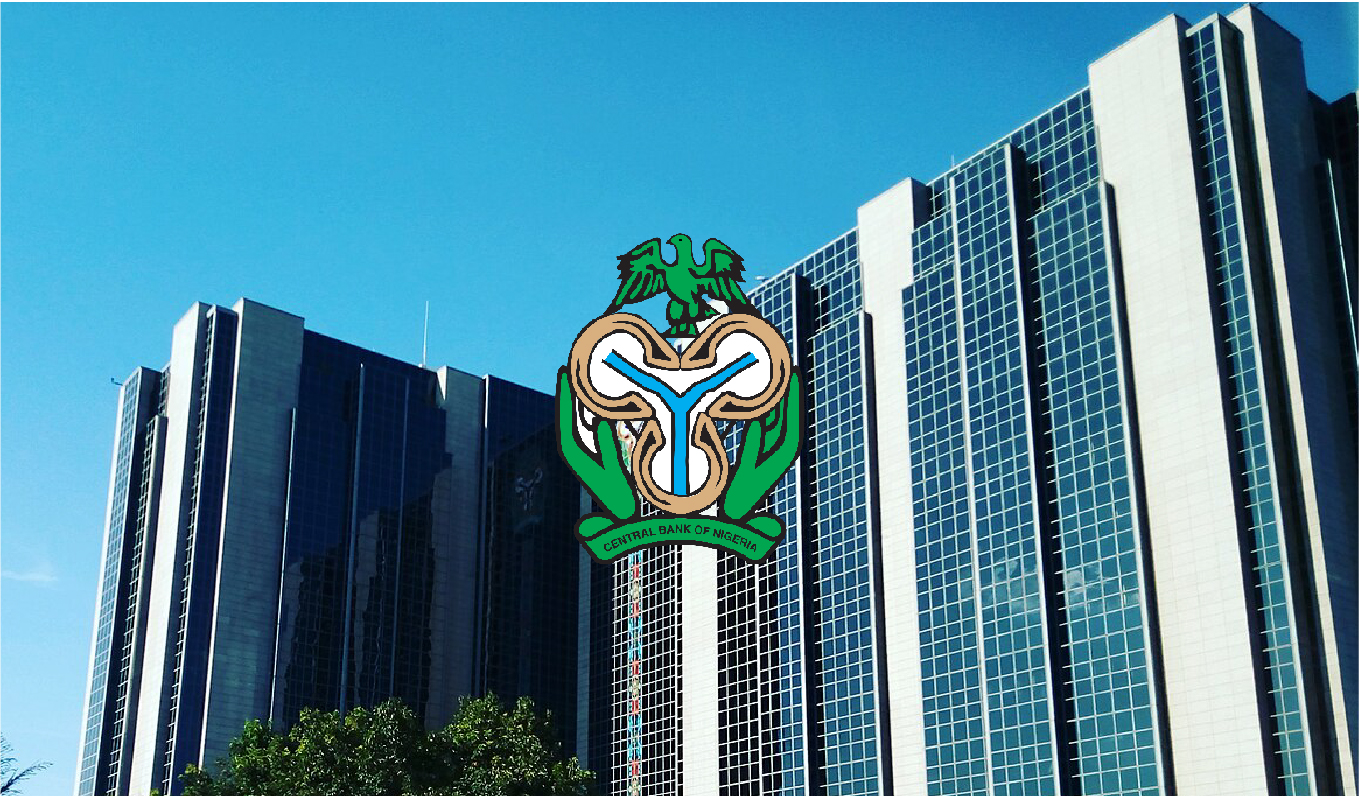A Nationwide Call for Reduced Borrowing Costs
A recent Household Expectations Survey conducted by the Central Bank of Nigeria (CBN) has revealed that 65.5% of Nigerian households believe a reduction in lending rates would be beneficial for the economy. The survey, conducted in February 2025, provides valuable insights into public perceptions of key economic indicators, including inflation, interest rates, and economic confidence. The findings underscore the widespread desire for lower borrowing costs to improve household finances, stimulate business growth, and enhance overall economic stability.
Key Findings: Public Sentiment on Interest Rates
The survey highlights a clear preference among Nigerians for lower interest rates. According to the data:
- 65.5% of respondents believe lending rates should decrease.
- 10.4% think interest rates should increase.
- 12.5% prefer rates to remain unchanged.
- 11.6% expressed uncertainty about the direction of interest rates.
These results suggest that the majority of Nigerians view high borrowing costs as a barrier to economic growth and personal financial stability. Lower interest rates could potentially stimulate investment, boost consumer spending, and create jobs, thereby addressing some of the economic challenges facing the country.
Inflation Concerns: A Major Economic Worry
The survey also examined public perceptions of inflation and its impact on the economy. A significant majority of respondents (68.1%) believe that a rapid increase in prices would weaken the Nigerian economy, while only 5.5% think it would make the economy stronger. Additionally, 18.3% felt that rising prices would have no significant impact, and 8.1% were uncertain.

These findings reflect growing concerns about the rising cost of living and its effect on purchasing power. Inflation has been a persistent challenge in Nigeria, eroding the value of incomes and making it difficult for households to meet their basic needs. The survey underscores the need for effective policies to address inflation and stabilize prices.
The Inflation-Interest Rate Dilemma
When asked to choose between raising interest rates to control inflation or keeping rates low and allowing inflation to rise, respondents were nearly split:
- 44.1% preferred lower interest rates, even if it led to higher inflation.
- 42.1% favored higher interest rates to curb inflation.
- 13.8% were undecided.
This near-even split highlights the complexity of balancing inflation control with the need for affordable borrowing. While higher interest rates can help reduce inflation, they also increase the cost of borrowing, which can stifle economic growth. The survey results suggest that policymakers face a delicate balancing act in addressing these competing priorities.
Read Also: “Shipping Association of Nigeria Raises Alarm Over Excess Dollar Charges in Maritime Sector”
Consumer Confidence: A Glimmer of Hope
The survey also measured consumer sentiment about the economy over different time periods. In February 2025, consumer confidence improved from -10.8 index points in the previous month to -5.8, indicating a decline in pessimism. Looking ahead, consumer sentiment is projected to turn positive by May 2025, reaching 4.0 index points, and is expected to strengthen further by August 2025, with the index rising to 12.3 points.
These projections reflect a growing sense of optimism about the future of the Nigerian economy. While challenges remain, the improving consumer confidence suggests that Nigerians are hopeful about the prospects for economic recovery and stability.
Implications for Policymakers
The CBN’s Household Expectations Survey provides valuable insights into the priorities and concerns of Nigerian households. The overwhelming preference for lower lending rates underscores the need for policies that make borrowing more affordable and accessible. At the same time, the concerns about inflation highlight the importance of measures to stabilize prices and protect purchasing power.
Policymakers must carefully consider these findings as they design and implement economic policies. Striking the right balance between controlling inflation and promoting growth will be critical to addressing the needs and aspirations of Nigerians.
A Path Forward
The CBN’s survey reveals a clear message from Nigerian households: lower lending rates are essential for economic growth and stability. As the country navigates the challenges of inflation and economic recovery, policymakers must prioritize measures that address these concerns and foster a more favorable economic environment. By listening to the voices of the people and implementing targeted policies, Nigeria can build a stronger, more resilient economy for the future.
















Got a Questions?
Find us on Socials or Contact us and we’ll get back to you as soon as possible.